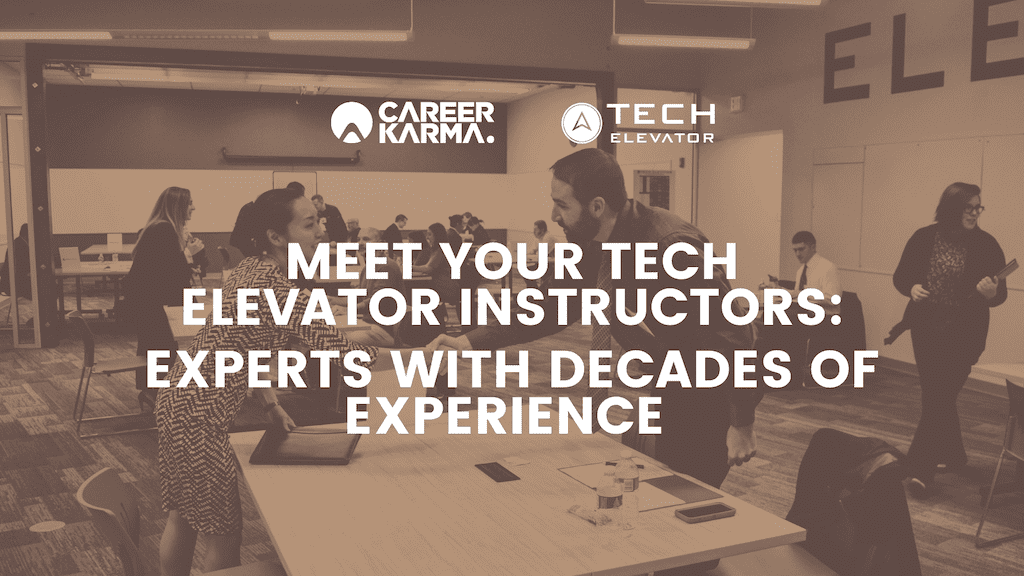In previous articles with Tech Elevator, we’ve explained how the school opens doors for students to join the software development field. With their choice of learning Java or C#/.NET, students add desktop development capability alongside full stack web development skills with HTML, CSS, JavaScript, SQL, and more.
With such a comprehensive curriculum, it’s important to have expert guidance to keep you on track—and Tech Elevator goes above and beyond to provide for its students with professional instruction.
Tech Elevator’s robust curriculum is led by a team of expert instructors, offering valuable insights into the tech industry and more.
Contact Tech Elevator for more info.The Tech Elevator Curriculum
Before anything else, let’s talk more about Tech Elevator’s curriculum, and why expert instruction is so important.
Java is used across the industry, from building apps for Android to programming Internet of Things devices. With so many industrial applications, this language has developed many best practices that you’ll need to know to seamlessly start your career. By integrating this language with web development skills, you’ll be able to develop applications that can live online or on the desktop.
C# is a similarly versatile language, with some overlap with Java. It’s used for desktop software while also being the language of choice for Unity, which is used by game developers and VR creators alike. This is another long-tenured language with its own culture and community of programmers.
No matter which language you choose, you’ll receive the same quality instruction from Tech Elevator’s staff.
Get to Know Tech Elevator’s Coding Experts
Tech Elevator’s instructors have an average of 20 years of working experience in the industry. They provide insight into the best practices that students need to know, in a way that helps them adapt to the rigors of their new career. Here are just a few of the instructors you can learn from during your time at Tech Elevator.
Margaret Green
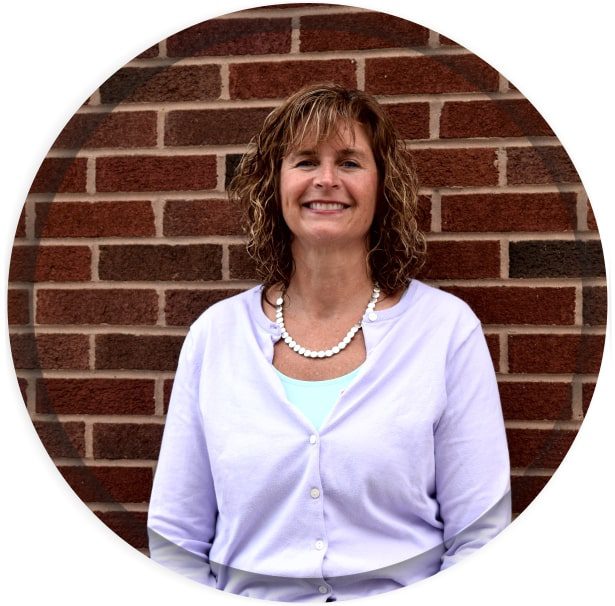
Margaret Green went to college in the 1980s and discovered her love for coding as she was preparing to graduate.
“It was too late for me, I didn’t have the money to stay in and get a CS degree,” Margaret said. “So I graduated and went from job to job for a while. I was working in accounting at a small company and the VP was really into programming. He started working with me and I realized how much I loved coding. I left that job and landed a role as a developer doing hospital pharmacy software.”
Margaret worked as a developer for seven years before transitioning to college instruction. She stayed in that role for almost 20 years, teaching computer science to students at a university level. She loved the experience of teaching students, and so she brought that experience and technical expertise to Tech Elevator.
Since starting her job at Tech Elevator, she’s appreciated the opportunity to teach students that are passionate about starting new careers.
“I love working with the students,” Margaret said. “A major difference between college students and Tech Elevator students is that the Tech Elevator students want to learn. They are here because they really want to change their lives and they love coding as much as I do.”
A tip from Margaret: Though these students are excited about getting started, Margaret wants new programmers to get used to the concept of speed bumps and hiccups as they get into the field. “My advice is you have to be willing to fail,” Margaret said. “If you are too afraid to try, you will never succeed.”
Myron Law
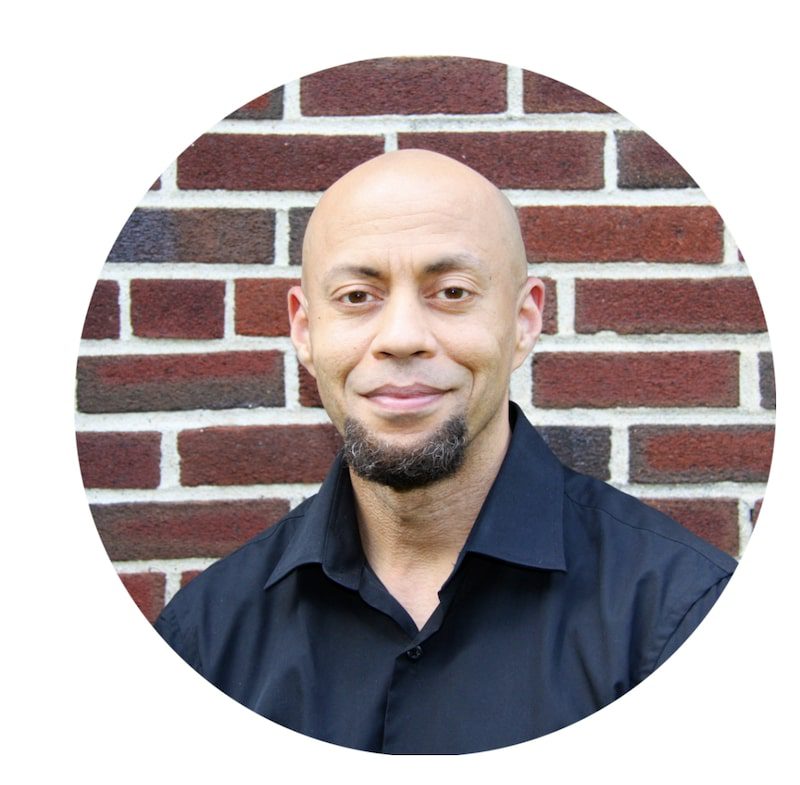
Myron Law has been working as a software developer for 23 years. He started at a brokerage firm when he decided to add some software development skills to save some time. “The lightbulb moment that led to my career change was when I realized I could automate trade entries using a macro,” Myron said.
Myron’s switch from finance to tech echoes the career-changing background that many Tech Elevator students bring to the program. As someone who has been in students’ shoes, he can empathize with their anxieties about learning something new and their excitement at every small victory.
“My favorite part of teaching at Tech Elevator is helping students make the life-changing transition to a career in software development,” Myron said. “I love being a part of something that has such a positive impact on people’s lives.”
Myron was working as the Vice President of Software Development at Police and Fire Federal Credit Union before he decided to join Tech Elevator. He was drawn to the school by its mission to elevate people and communities, with initiatives like the Represent Tech Scholarship for underrepresented demographics in tech, for example.
A tip from Myron: As an instructor, Myron hopes that anyone who wants to pursue software development should stick with it, even when the process gets difficult. “Commit to making the change,” Myron said. “When you face difficult challenges during your transition to software development, stay focused, reject doubt and push through. You are worth it!”
Katie Dwyer
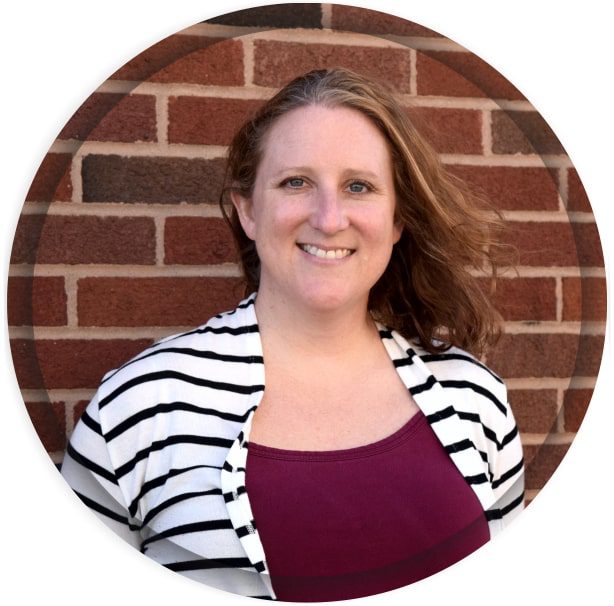
Katie Dwyer started her journey into coding as a math major at Northern Kentucky University. She had done some Pascal coding in high school, but the Java courses during her required computer science course piqued her interest much more.
“Amusingly enough, I thought that the computer science path had more career paths than math,” Katie said. “The NSA or teaching were the only options my 18-year-old brain could fathom, so I decided to switch to computer science.”
She graduated in 2002, and she’s been working in the industry ever since.
“I’ve worn a wide variety of hats,” Katie said. I’ve done builds and fixed bugs as a support engineer, went from dev to a senior dev and then a consultant, and then learned how to use dev tools in an Agile environment to work as an Agile consultant. I’ve also worked as a team lead and a manager.”
With experience on almost every level of the industry, Katie shows students the different use cases that they’re likely to encounter on their career journey. She also gives students an idea of what’s possible with hard work and dedication.
As her career progressed, Katie decided to give back to her alma mater, working as an adjunct at NKU for the past 10 years. She enjoyed teaching and mentoring but didn’t want to earn a Ph.D. to become a full-time professor. That’s when she heard about Tech Elevator.
“I was super skeptical of the bootcamp model at first,” Katie said. “Talking to current instructors and looking at the CIRR results really won me over. And now I love the level of interaction that I get with the students.”
“I get to know them more than just the couple hours a week I’m spouting information at them. I get to know them as people, which makes their success even more meaningful. I like to meet up with alumni and see how they’re doing.”
As she’s spent more time teaching and less time in the industry, Katie has started to feel like she’s found a more meaningful calling by working with prospective software developers.
“Sometimes in the corporate world I would feel like what I was doing didn’t really matter,” Katie said. “Obviously, it mattered for my paycheck and the company, but in the grand scheme of the world, I was only moving money around and not making a difference. At Tech Elevator, I feel like I’m making a difference.”
She gets to see that difference often, and she enjoys seeing the concepts click in students’ minds.
“The daily exercises are fairly small, specific, and directed, versus at the end of each module we have a capstone that provides less framework and students have to really see how what they’ve learned applies to a real-world application,” Katie said. “I love during the code reviews for the mini-capstones when students tell me that the capstone assignment really pulled things together for them.”
Katie enjoys working at Tech Elevator because, after decades in the industry, she still gets to learn new things every day. She believes that new software developers should embrace the learning process as a lifelong companion.
A tip from Katie: “Be comfortable with learning new things, not knowing and asking questions,” Katie said. “There’s just so much tech out there. There’s not going to be a job out there that’s exactly what you know and you won’t have to learn anything new. I have 20 years of experience, and I still learn new things even about the tech I already know! If you have a question, ask!”
Matt Eland
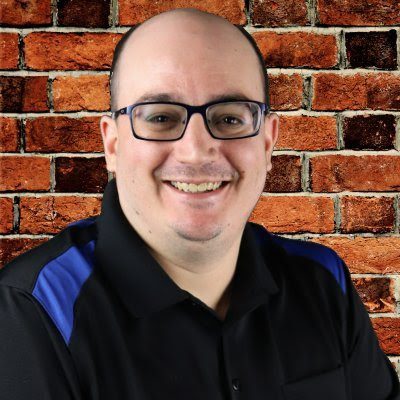
Matt Eland’s father was an actuary who brought home an early IBM PC when he was just a young child. The possibilities of computers were apparent when Matt was young, and he quickly became obsessed.
“I saw [my father] playing early computer games on that machine and it captivated my imagination,” Matt said. “I started programming for fun at 7 and taught myself bits and pieces over the following decade.”
Coding from an early age had its benefits, as Matt’s early start in the field allowed him to advance quickly.
“By high school, I was a fairly practiced programmer, though I formalized it with a bachelor’s degree through a traditional university to get that first job,” Matt said. “In retrospect, a bootcamp might have been a good fit for me if those existed back then.”
Matt had to teach himself a lot of the coding knowledge he acquired over the years. Though this has always been an option, it was especially difficult over 30 years ago. But he persevered and started getting paid to code before he even graduated college.
“The earliest I was paid to write code was in the early 2000s as a student programmer for the University of Wisconsin system,” Matt said. “I was working with C# and .NET while they were in beta.”
Matt’s been following C# and .NET ever since they were industry upstarts. This familiarity makes it possible for Matt to know exactly how and why certain features were implemented. He’s happy to pass on his knowledge to students at Tech Elevator. But before he found his second career calling, he was working as a senior developer at a tech startup.
“I had the privilege of working with a pair of junior developers we hired from one of the earliest Tech Elevator classes in Columbus,” Matt said. “I was struck by their curiosity, work ethic, desire to learn, and ability to work well on a team. I also discovered I loved mentoring them and helping them learn more about software development.”
This chance meeting with these two junior developers helped him to realize his passion for education and sharing his knowledge with the next generation.
“Since then, I started speaking more in the community to develop teaching skills and exploring the possibility of teaching professionally down the road,” Matt said. “Years later, I now get paid to invest everything I can into our students and I love every minute of it.”
Matt invests more than just his experience into his students. He gets an emotional boost from seeing students develop under his tutelage, and that keeps him going after decades in the field.
“I love hearing that students got hired somewhere,” Matt said. “I’ve been known to cry—even in a remote environment. I really enjoy getting to know the incredible people who come into our program, but I think my favorite part is the last day of the cohort where students demonstrate their final capstone projects.
“I get to see people who didn’t think they could do this on week 2 come up with beautiful and functional web applications on week 14 that impress me as a seasoned professional.”
Matt believes that software development can be an amazing field for the right people.
A tip from Matt: “I didn’t think I could have found a more fulfilling career for myself until I discovered teaching,” Matt said. “If tech is a good fit for you, it can be an incredible journey. You’ll feel overwhelmed many times with the sheer breadth of software development, but once you get over that initial learning curve you’ll be able to create entire products just from your own determination, imagination, and skill.”
Learn from Experts with Decades of Experience
This is just a small sampling of the expert faculty at Tech Elevator. You might not end up working with these instructors. But no matter which cohort you join, you’ll have the opportunity to learn from passionate professionals just like Margaret, Myron, Katie, and Matt.
If you’re interested in the program, you can reach out to Tech Elevator for more information. After all, Matt believes that curiosity is one of the best assets a student and software developer can have.
“If you like learning, making things, or improving things, it might be a good fit for you,” Matt said. “If you’re curious, you probably owe it to yourself to take our aptitude test and find out. If you’re still uncertain, talk to us and we’ll help.”
If you feel like you’re ready to get started with the bootcamp right now, take Tech Elevator’s Aptitude Test today. This code-free test examines your ability to think like a coder, and it’s designed to ensure that every student who joins Tech Elevator can take full advantage of what the program offers.
About us: Career Karma is a platform designed to help job seekers find, research, and connect with job training programs to advance their careers. Learn about the CK publication.
